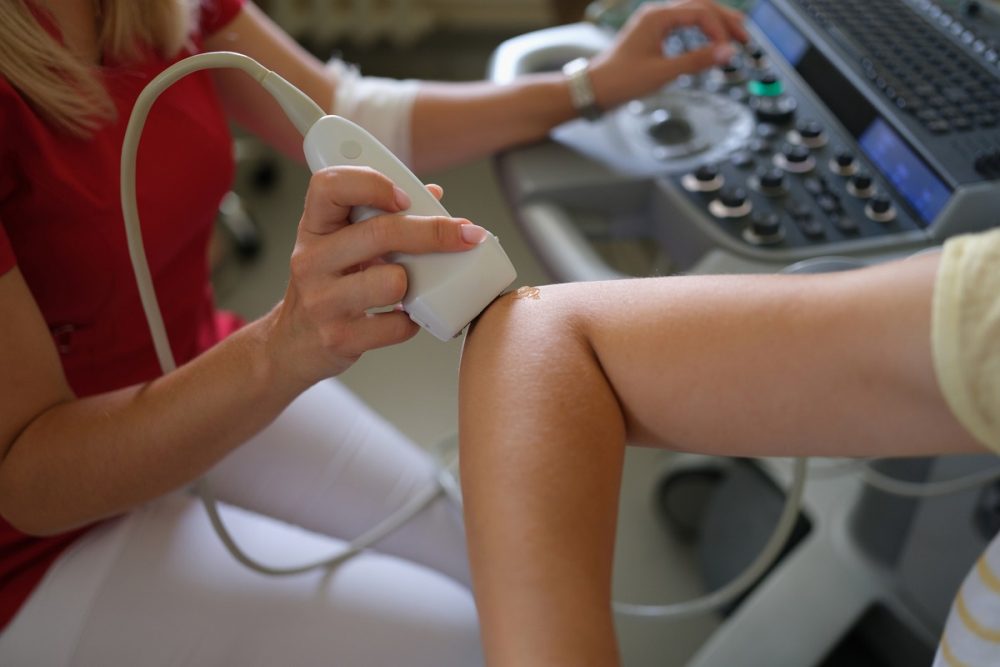
The JIR network is an international network of specialists taking care of patients with Juvenile Inflammatory Disease. The network was created in 2013 by a group of paediatric rheumatologists from Belgium, France, and Switzerland. Since then, the network has grown exponentially and is now active in 87 centers in 11 countries. The network is built around the JIR platform where patient data is stored securely, and patients’ identities are pseudonymized (identified by a code).
The platform is developed as a research tool and electronic health record, and members can decide to use it only for research purposes or also integrate it in daily clinical work. The complete follow-up data collection allows physicians to get a better understanding of the long-term mechanisms in Juvenile Inflammatory Rheumatism.
On the modular-based platform, specific data can be collected for the following diseases: Auto-inflammatory disease, Dermatomyositis, Juvenile Inflammatory Arthritis (JIA), Kawasaki disease, Lupus (SLE), Still’s disease, and Uveitis.
In 2021, the network’s JIR-CliPS initiative was funded through the WUN Research Development Fund. This project aimed to collect universally applicable clinical practice strategies (CliPS) targeting five specific medical conditions (PFAPA syndrome, systemic juvenile arthritis, monogenic recurrent fever syndromes, lupus nephritis, and Kawasaki disease), used by physicians in four world regions comprising various health systems and socio-economic environments: Brazil, Ghana, New Zealand, and Switzerland.
These CliPS – adapted to different patient-related, local, and environmental situations from these four different world regions– were gathered into a repository that will be globally disseminated to physicians who treat patients with these medical conditions. This initiative may also serve as a model for other medical conditions in various medical specialties.
The principal investigator Professor Michaël Hofer from the University of Lausanne said: “The WUN grant allowed us to apply our methodology at a small scale in different regions matching the diversity of worldwide health care.” With the distribution of this repository, the research group expects to significantly improve the care of these five rare medical conditions, especially in countries that have limited or no access to updated medical knowledge.
The project, although completed, attracted major funding from The European Cooperation in Science and Technology (COST), and is planning to extend the methodology to other areas of the world.
The WUN 2021 RDF funding further allowed the group to organise the JIR Winter School 2022. This Advanced Course on Management of Connective Tissue Disease was held in Villars, Switzerland on 18-20 March 2022, and attended by 150 participants. For more information about JIR- CliPS, visit the project’s research page, and/or consult the JIR Academy page for future training events and online material.
Subscribe to our newsletter to stay informed about exciting and essential research driven by researchers around the globe who join forces in the Worldwide Universities Network.
Visit the WUN Research page for an overview of the complete WUN research portfolio with around 80 projects that address major global challenges: Responding to Climate Change, Public Health, Global Higher Education and Research and Understanding Cultures.